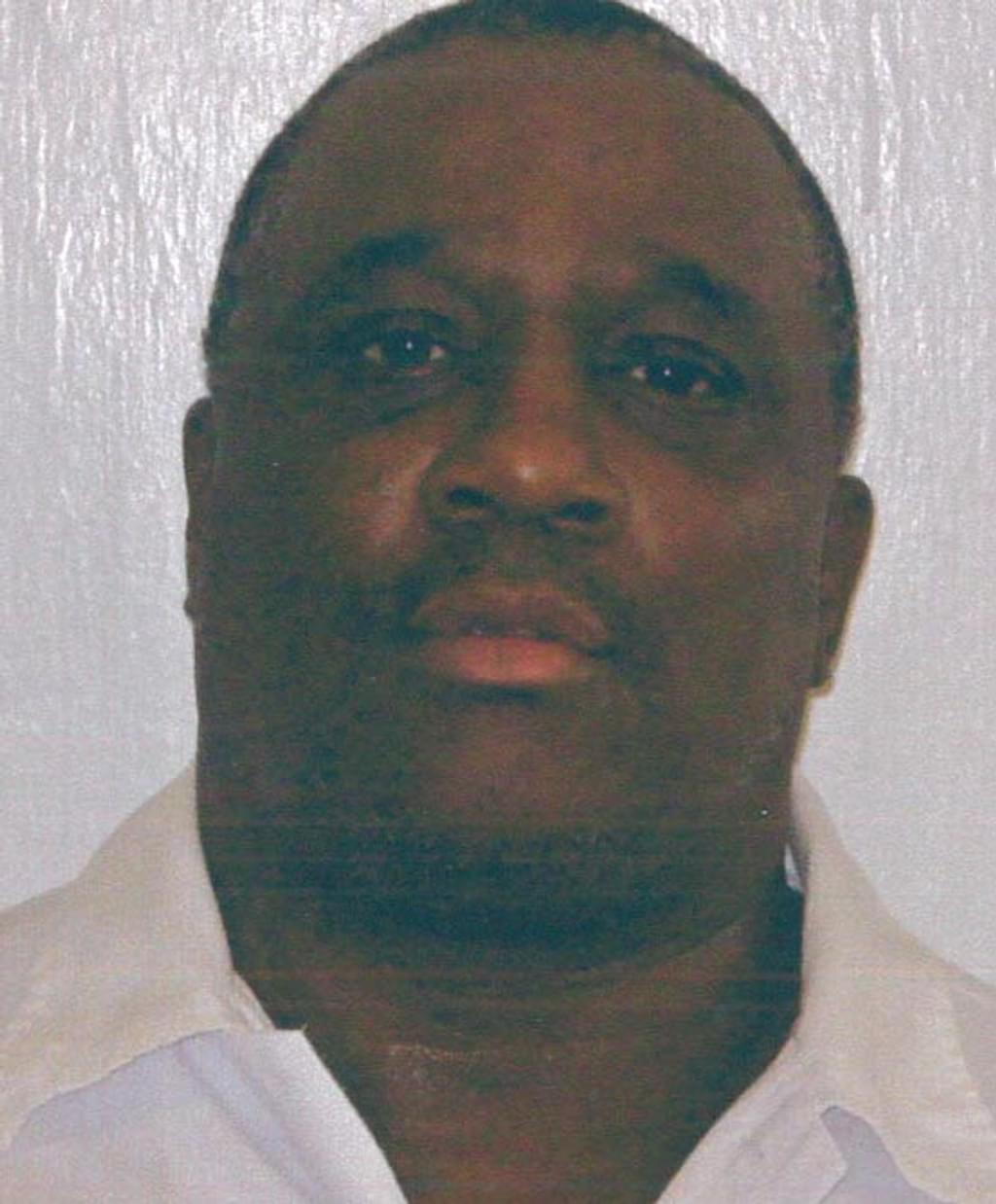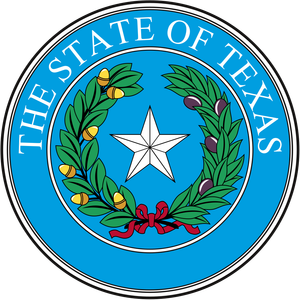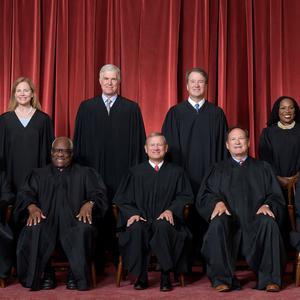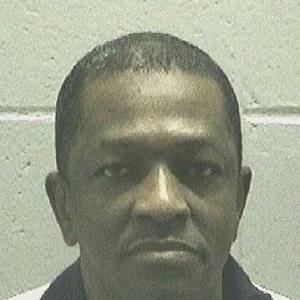
Inspired by the case of Robin “Rocky” Myers (pictured), an intellectually disabled and possibly innocent Alabama death row prisoner whom an elected state judge sentenced to death despite a 9-3 jury recommendation for life, a panel of faith leaders gathered in Montgomery, Alabama to discuss religious views on the death penalty and the intersection of faith and justice. Before the discussion began, the faith leaders and the audience viewed a screening of a new documentary on Myers’ case describing why his lawyers believe he is innocent. The documentary explained that no forensic evidence links Myers to the crime and that the prosecution witness who identified him has since recanted his testimony. Myers’ case also highlights other problems in the death penalty system. A neuropsychologist who evaluated Myers diagnosed him with intellectual disability, a condition that would make him ineligible for execution, but courts have not granted him relief. His disability hindered Myers’ opportunities to have his appeals heard. His attorney abandoned him without notice, and Myers, who cannot read, did not know his appeal deadlines had expired until a fellow inmate read him a notification letter from the state. Finally, Myers’ jury voted 9-3 that he should be sentenced to life, but—in a practice no state other than Alabama still allows— the trial judge overrode the jury’s recommendation and sentenced Myers to death. After the film presented Myers’ story, leaders from a variety of faith traditions led a discussion about justice and capital punishment. The multi-faith panel included representatives of Christianity, Judaism, and Islam and featured Rabbi Elliot Stevens, Sister Gilda Marie Bell, a Catholic nun of the Sisters of the Blessed Sacrament, and Aya Zaied, a youth leader for the East Montgomery Islamic Society. Zaied summarized Islamic views on the issue, saying, “If you claim Islam, … then justice is your responsibility. We try to teach that to our children really young so they understand if (someone is) hurting, then I’m hurting. We’re all in this together.”
(K. Davis, “Faith leaders, community members discuss their role in justice,” Montgomery Advertiser, January 12, 2017; K. Armstrong, “When lawyers stumble, only their clients fall,” The Washington Post, November 16, 2014.) See Myers’ attorneys’ website urging clemency.
Intellectual Disability
Apr 01, 2024




